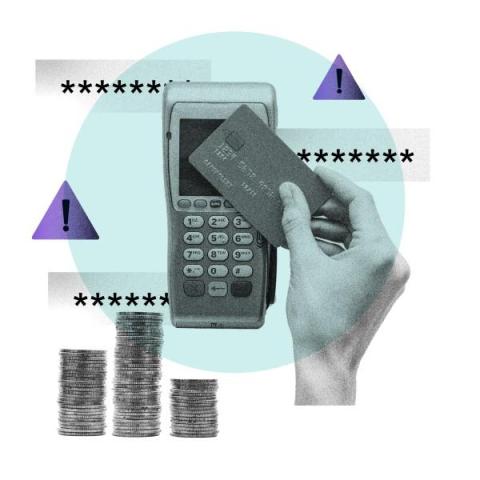Security | Threat Detection | Cyberattacks | DevSecOps | Compliance
Bots
Scalpers Force Barbie Collectors to Pay up to 1,200% More for Stevie Nicks Doll
Scalpers aren’t just interested in snagging the final Yeezy drops, the newest Air Jordans or tickets to see Taylor Swift on tour. They’ve also been saying “Hey, Barbie” to the latest Mattel collaboration with rock icon and Barbie enthusiast Stevie Nicks. Evidence gathered by Netacea suggests that scalper bots were involved when pre-orders for the limited-edition Stevie Nicks Barbie, unveiled by the Fleetwood Mac legend during a recent concert, sold out almost immediately.
Netacea, BT & Cranfield University Experts Weigh In on Cumulative Cost of Bots
A panel of cybersecurity experts from BT, Cranfield University and Netacea recently came together to discuss the accumulating cost businesses face due to malicious automation. The webinar is now available to watch on demand (scroll to the bottom of this page or click here to watch it in full). You’ll hear our specialist panel analyze results from this year’s extensive survey into what bot attacks cost enterprise businesses.
Cybersecurity Sessions S02E06: Privacy & ChatGPT, Credential Stuffing 23andMe, Freebie Bots
Bot Attacks Are Costing Businesses As Much As Traditional Cyberattacks
Security professionals would be considered foolish if they didn’t have a plan to mitigate a ransomware attack, especially for businesses generating hundreds of millions, if not billions, in turnover. And yet, a threat type that isn’t given nearly the same level of concern by the top brass – malicious automation carried out by bad bots – is costing these companies just as much, if not more, every year.
Scalper Bots Jump on the Last Yeezy Drops
Scalper bots have had a busy year snatching and reselling Yeezy trainers, as adidas exhaust their final existing stock. This resulted in the Yeezy Slide Onyx topping the Netacea Quarterly Index of most-scalped items in Q2 of 2023.
Russia and China Dominate Majority of Bot Attacks on Large Companies
Protection from Carding: Inside Russian Carding Fraud Part 4
Welcome to the fourth and final part in our series on credit card fraud originating in Russia. After covering the basics of what carding is, why so much of it is perpetrated by Russian speakers, then digging deeper into how carders operate, in this part we’ll explore ways to protect yourself and your business from this pervasive financial threat. Click here to download the full report: "Inside Russian Carding" (PDF)
Cybersecurity Sessions Season 2, Episode 5: Skiplagging, CAPTCHA vs Bots, Scraper Bots
Carding Deep Dive: Inside Russian Carding Fraud Part 3
This is part three in our four-part series on credit card fraud, specifically focusing on the Russian carding landscape. In part one, we gave an overview of carding as an attack type and drilled into some key terms from the Carder’s Dictionary. In part two, we looked more closely at the motivations behind Russia being a hotbed of carding activity.










